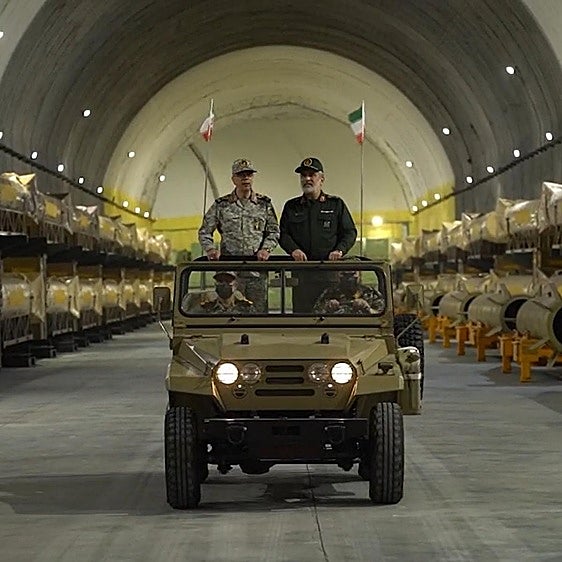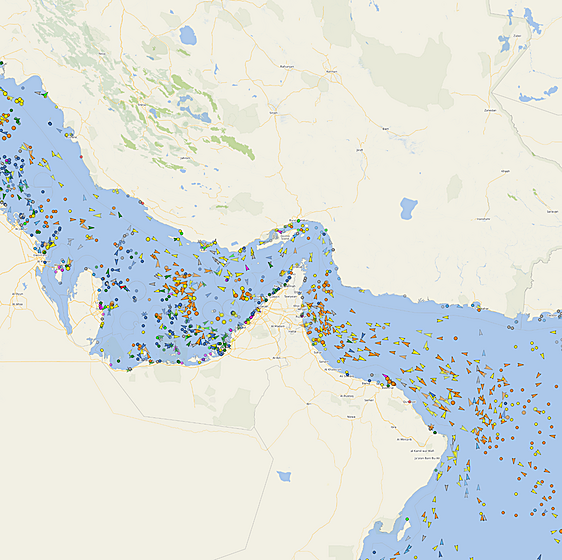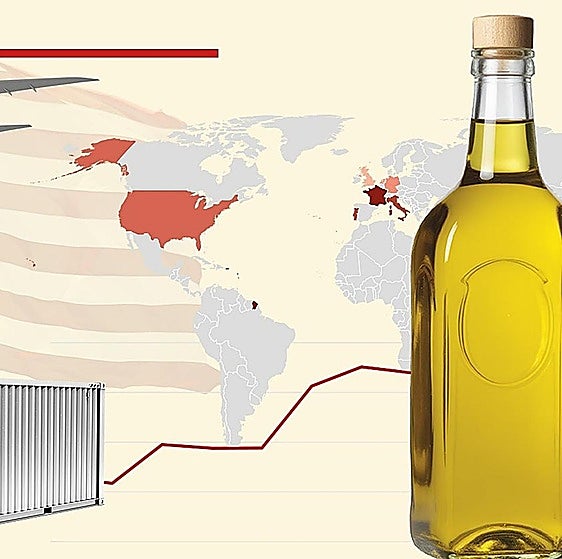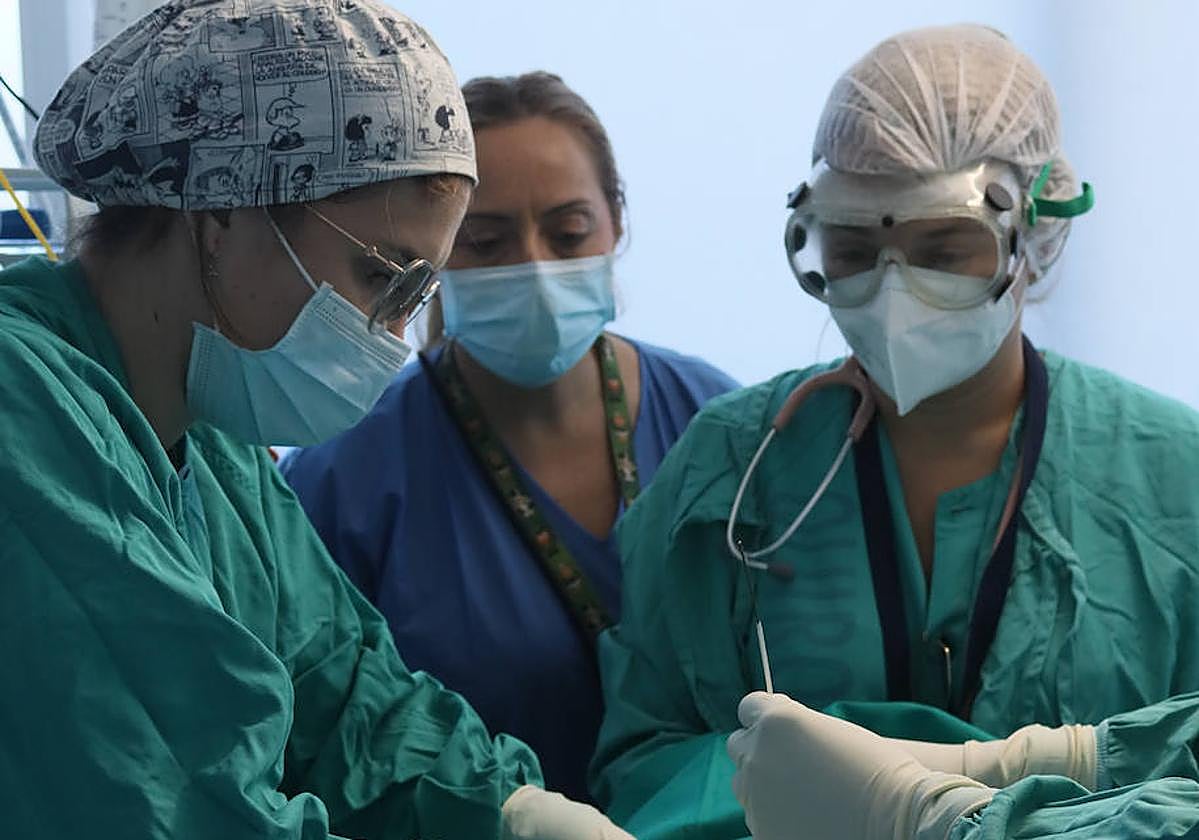ICU: The fine line between life and death
Intensive care nurses are special people, requiring specialist training. SUR joins a shift in the unit at Malaga's Regional Hospital
Iván Gelibter
Friday, 17 November 2023, 13:34
It is a normal day in the intensive care unit (ICU) at Malaga's Regional Hospital. The passage of doctors, nurses, nursing assistants and orderlies merges with the traffic of relatives coming to visit the sick. It is visiting hours and it is tough for the impartial observer to not be affected by the physical and emotional reactions of family members as they visit their loved ones. The ICU is no place for children, flowers or chocolates. On the contrary, monitors, cables and alarms abound with sounds that never cease to shock. This place feels like being in a kind of limbo, on the verge of life (to later be transferred to a normal ward) and death. The patients who pass through here end up recovering well away from those who cared for them at the worst moment of their lives. Those who do not will slip away in the care of these nurses.
Álvaro is head of ICU here, where action must be taken "quickly and effectively." ICU requires a lot of technical care as with other specialities, involving a lot of training. Unlike the rest however, it requires a very human touch as there are times when nothing can be added from a medical point of view. The result ends up being a mix between "empathy and caring", which is why, when someone starts working in an ICU and they don't like it, they realise it immediately.
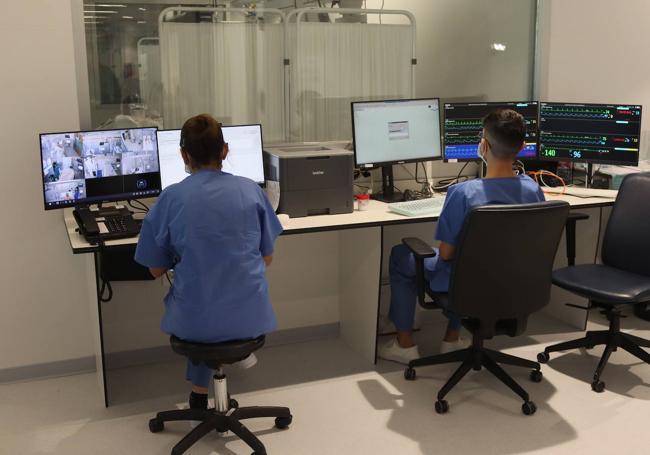
Zoom

The unit head does not want it to go unnoticed that the future of nursing is focused on the "path of specialisation" and requests, like the rest of his colleagues, that a specialisation be developed for intensive care. Álvaro describes his daily duties in a very graphic manner. "When we start the shift we identify each patient's needs in order to be able to provide them with the best possible care. Everything can change from one minute to the next because patient requirements are very changeable. This, on an emotional level, is very relevant as, when a person is admitted, the first thing the team does is read their medical history to know what type of patient they have on their hands, as well as any changes in their condition. "Unintentionally you find out what happened, when it happened, how old they are and the problems they've brought in with them," said Álvaro.
Sometimes the difficulty for these professionals lies in striking the balance between wanting to listen to everyone within the time available while having to divide that time among many. They do not want to say it so clearly, but they admit that working in an ICU requires a special character and in turn, that this gives them a different view on life. "This work helps you prioritise, to know what is important and what is less so. To take advantage of every day in your daily life because we never know what is going to happen. When you read a patient's case notes, each case resonates with you, because all too often they are people who were doing very normal things when something happened to them that made them end up here."
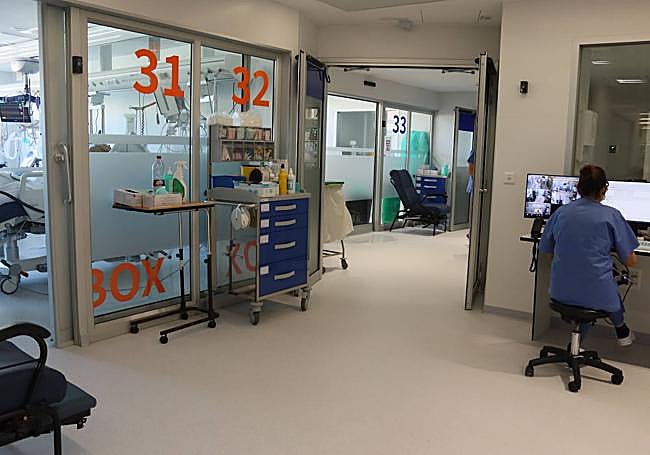
Zoom

Sonia and Begoña have also been working in the unit for several years. Like their colleague and leader, they highlight the value of teamwork, a team with a daily mantra of "don't forget the rest," meaning that the team includes the nursing assistants and support staff. "We cannot lose sight of our patients as real people and their psychological care," they insisted, although they admit that, regarding the latter, help is given first and foremost to patients, sometimes forgetting that they themselves need this help too.
Describing their duties is a piece of cake for them. "Our colleague is waiting for us to take over. We read the patient's case history and how their condition is progressing. That's where the workday begins: keeping the patients clean, applying treatments, changing their medication, conducting required tests...". What is more complex is understanding the background that led to this list of actions and checks. "Not everyone who enters the ICU comes out cured but, of course, while they are here, they are always cared for."
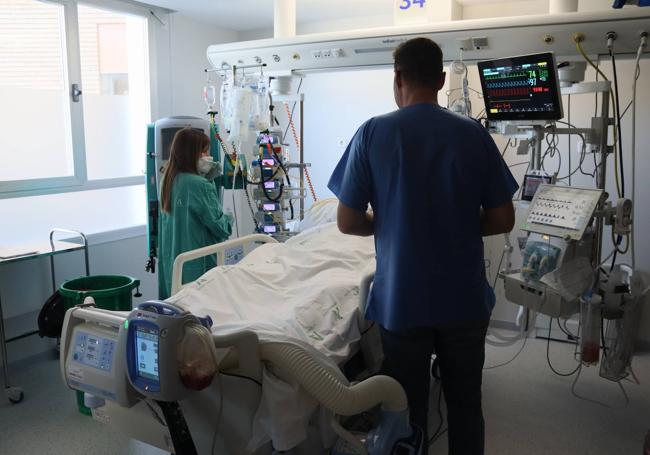
Zoom

Beyond the adrenaline rush that everyone recognises they need when caring for patients in an ICU, they also feel that this job gives them tools that other people sometimes don't have. They say they value their lives so much because they see what happens here every day. "It brings you closer to reality," they stress. Here it is every day, on the border between living and dying. Or to put it another way, between dying or having a quality of life that can be called living, as Alvaro explains. "For me, quality of life is more important than quantity. The word life is very big."
